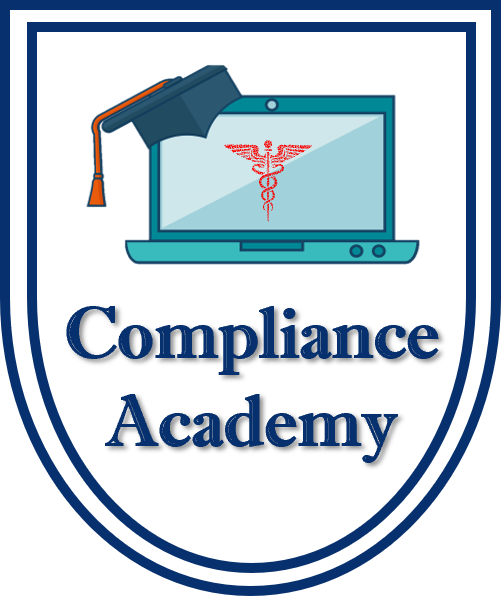Compliance training for healthcare providers is a vital component of ensuring adherence to legal, ethical, and organizational standards within the healthcare industry.
Programs such as HIPAA, OSHA, and Ethics training not only aim to protect patient rights and safety but also support the operational integrity of healthcare organizations.
The importance of such training lies in its multifaceted benefits, including improved patient safety, reduced legal risks, and enhanced organizational reputation, which contribute significantly to the quality of care provided to patients.
Compliance training for healthcare providers encompasses a variety of essential programs aimed at ensuring adherence to legal, ethical, and organizational standards.
HIPAA training focuses on the Health Insurance Portability and Accountability Act (HIPAA), which is crucial for protecting patient privacy and securing sensitive health information.
This training educates you about your responsibilities under HIPAA, helping you understand regulations, privacy rules, and security standards.
Occupational Safety and Health Administration (OSHA) training is designed to ensure that healthcare workers understand workplace safety regulations and practices.
This type of training provides insights into how to identify and mitigate workplace hazards, thereby protecting staff, patients, and the public from potential risks associated with healthcare environments.
OSHA training covers various safety protocols, including infection control, handling of hazardous materials, and emergency response procedures.
Ethics training is integral in cultivating a culture of integrity and ethical decision-making within healthcare organizations.
This type of training typically includes an overview of applicable laws and regulations, guidelines for appropriate behavior, and an open platform for employees to discuss compliance-related concerns.
By emphasizing the significance of ethical practices, this training promotes a harmonious working environment where staff members feel responsible for upholding shared values.
Human Resource (HR) training is essential for healthcare workers to understand the legal aspects of human resource management, including employment laws, discrimination policies, and employee rights.
This training helps you comply with legal standards while promoting a fair and equitable workplace.
Safety training addresses various aspects of workplace safety, including the prevention of workplace violence, harassment, and discrimination.
This training aims to create a safe and respectful work environment for all employees. Components of safety and behavior training may include first aid training, workplace violence prevention, and diversity and inclusion training.
By equipping yourself with the knowledge and skills necessary to navigate these challenges, you'll enhance your well-being and foster a culture of respect and safety.


